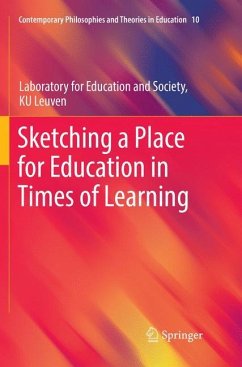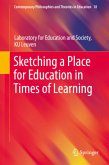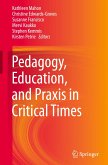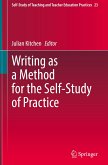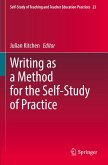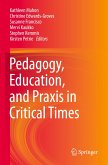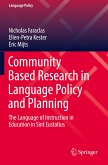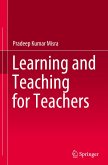This book explores how traditional institutions of education are affected by the current discourse and practices of 'learning'; and more specifically, how the evolution towards so-called 'learning environments' affects the kind of gathering or association that is staged and configured within families, schools and universities. In addition, it addresses the question of how to articulate what is educational in the context of 'making' family, school or university, and to what extent this making is always also a public act. The aim is to approach and investigate family, school and university as educational practices, to focus on the forms of gatherings or associations that take shape within them, and to explore the public, but also possible 'privatizing' character of these aspects.
The book presents a diverse range of sketches intended as preparatory study exercises. What they all share, despite the different hands and eyes, and the different sensitivities, is theattemptto figure out what education is all about. Three objectives can be distinguished for the sketches: a cartographic one (to map the discourse of learning but also the discursive and material arrangements of actual educational practices), a morphological one (to describe the educational forms of gathering) and a theoretical one (to bring educational issues into the discussion). The book's overall aims are to re-establish 'the educational' as an issue; to make it visible, to give it shape, to give it a voice, and to make it a thing that can and should be discussed, thus establishing a point of departure for further inquiry and its (re)invention.
The book presents a diverse range of sketches intended as preparatory study exercises. What they all share, despite the different hands and eyes, and the different sensitivities, is theattemptto figure out what education is all about. Three objectives can be distinguished for the sketches: a cartographic one (to map the discourse of learning but also the discursive and material arrangements of actual educational practices), a morphological one (to describe the educational forms of gathering) and a theoretical one (to bring educational issues into the discussion). The book's overall aims are to re-establish 'the educational' as an issue; to make it visible, to give it shape, to give it a voice, and to make it a thing that can and should be discussed, thus establishing a point of departure for further inquiry and its (re)invention.

